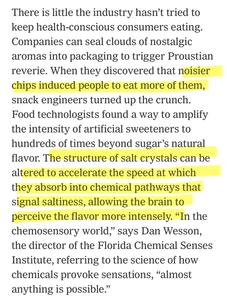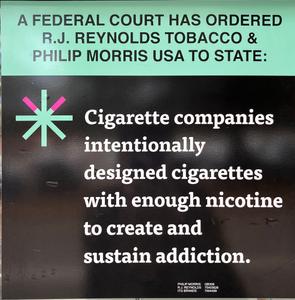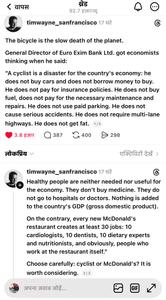
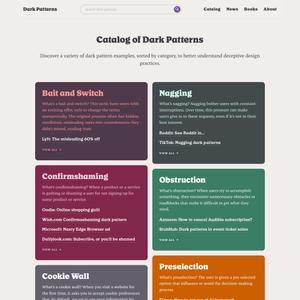
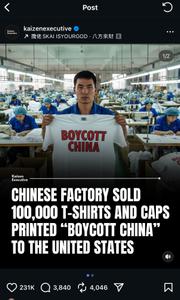


5 months ago
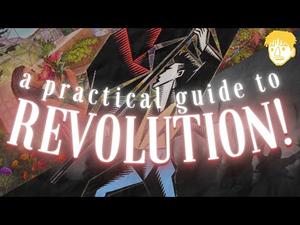


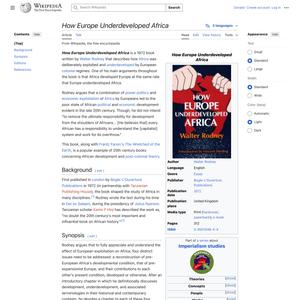
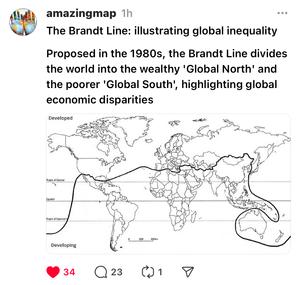
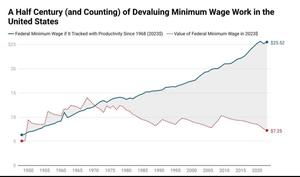
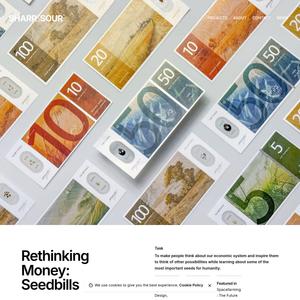
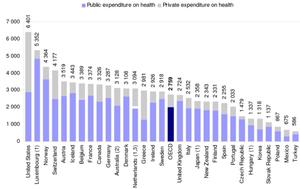
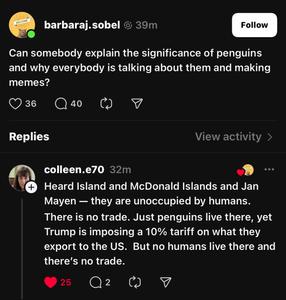
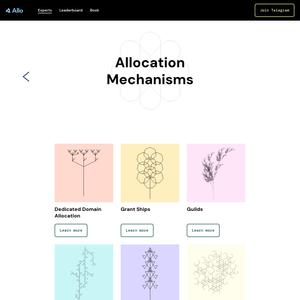
Corporation: An ingenious device for obtaining profit without individual responsibility.
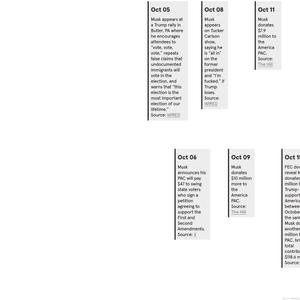
“What we're seeing is unprecedented in that you have these actors who are not really public officials gaining access to the most sensitive data in government,” says Don Moynihan, a professor of public policy at the University of Michigan. “We really have very little eyes on what's going on. Congress has no ability to really intervene and monitor what's happening because these aren't really accountable public officials. So this feels like a hostile takeover of the machinery of governments by the richest man in the world.”
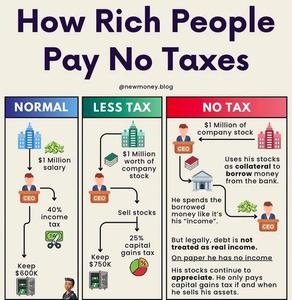
Luigi Mangione’s alleged manifesto published by @kenklippenstein : “To the Feds, I'll keep this short, because I do respect what you do for our country. To save you a lengthy investigation, I state plainly that I wasn't working with anyone. This was fairly trivial: some elementary social engineering, basic CAD, a lot of patience. The spiral notebook, if present, has some straggling notes and To Do lists that illuminate the gist of it. My tech is pretty locked down because I work in engineering so probably not much info there. I do apologize for any strife of traumas but it had to be done. Frankly, these parasites simply had it coming. A reminder: the US has the #1 most expensive healthcare system in the world, yet we rank roughly #42 in life expectancy. United is the [indecipherable] largest company in the US by market cap, behind only Apple, Google, Walmart. It has grown and grown, but as our life expectancy? No the reality is, these [indecipherable] have simply gotten too...

